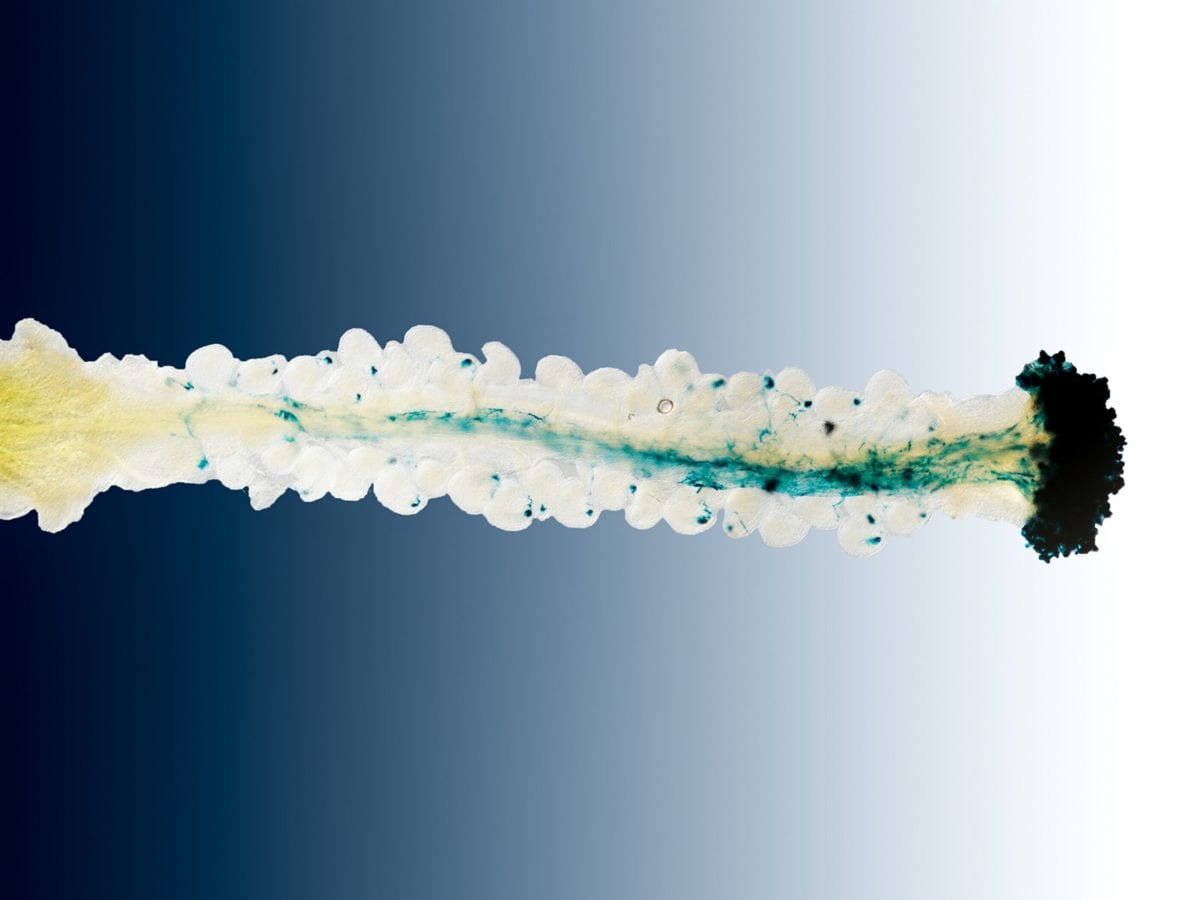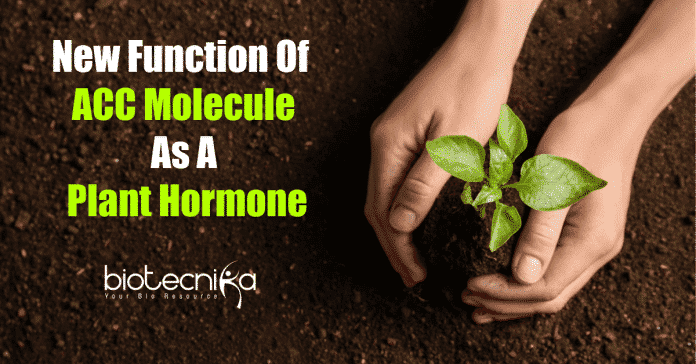New function of ACC molecule as a plant hormone
A completely new function for a well-known plant molecule called ACC was discovered by the scientists at the University of Maryland (UMD) – offering the first clear instance of ACC acting upon its own as a plant hormone. Plant hormones carry messages to signal and trigger important processes for plant health and functionality.
In recent research, by activating proteins similar to those associated with nervous system responses in animals and humans scientists show that ACC has a crucial function in pollination as well as seed production. These research outcomes might not only alter books that have formerly attributed plant responses to the hormone ethylene as opposed to ACC, yet could also shed light on new research studies to enhance crop yield and plant health.
Caren Chang, affiliate professor of Plant Science & Landscape Architecture supported by the Maryland Agricultural Experiment Station and a professor in Cell Biology & Molecular Genetics, UMD, said that there are numerous novel things about this research, however, it presents a new plant growth regulator or plant hormone – which is the main impact. This is not a newly discovered molecule, however, it has never ever been
thought of in the past as a plant hormone, only as ethylene’s precursor.Chang clarifies that ethylene has been studied for a long time and is one of the five major plant hormones. It is essential for many processes that are crucial to plant health and crop production, including fruit ripening, germination, flowering, plant disease defenses, and stress responses to flooding and drought.
He added, in most of the studies, knowing that it’s a precursor that plants convert into ethylene – ACC has actually been used instead of ethylene. This is due to the fact that ACC can be sprayed on the plants and is simple to work in powder form. However, due to the fact that ethylene is a gas, it is really difficult to work with it. Due to this, instead of ethylene, researches have utilized ACC for years, and the literature would certainly interpret the observed responses as ethylene responses.
He said that what their paper reveals is that ACC response is not always a response of ethylene, some of these responses that have been attributed to ethylene with ACC might actually be separate ACC responses, acting as a hormonal itself or growth regulator.
In the event that ACC is actually causing important plant processes previously attributed to ethylene, this study opens the door for many papers across years of research, and textbooks and future education on plant hormone responses, to be modified.
Additionally, the research paper presents breakthroughs in reproduction in plants. Chang said that there are numerous steps that are crucial in pollination, and among these steps, and in one step to actually produce a seed the plant pollen has to reach the ovules.

He added that the research shows that ACC signaling in the ovule is associated with getting the plant pollen tube to turn and deliver the pollen successfully. This makes it necessary for seed production. How the maternal ovule tissue helps attract the plant pollen tube was revealed in this study, and this is not a small impact. In the absence of ACC, the seed number doubles. There is potential here to enhance the seed number, which can have an effect on food security long-term and raise food production in specific plants.
An additional major finding for this paper reveals clear links between human, animal, and plant hormone signaling pathways by determining a prospective receptor for ACC task – Led by José Feijó, a professor in Cell Biology & Molecular Genetics and affiliate professor of Plant Science & Landscape Architecture.
Feijó said that one of the most fascinating parallels is cell-cell interaction. Animal glutamate receptors are proteins that are needed for the signals to jump from one nerve cell to the other, either with calcium signaling or via an electric impulse, which is necessary for things like memory. Challenges in the process mediated by glutamate receptors are understood to be connected to depression and neurodegeneration.
The human nervous system has these receptors, and neuroscientists have actually been examining them for developing medicines to treat problems associated with the nervous system. The scientists discovered that ACC can really impact the nervous system in human beings, and they determined to find the same receptors, called glutamate-like receptors (GLRs) in plants, to see if they respond to plant ACC – they discovered that ACC can really affect GLRs in plants also, said Chang.
Feijó said that the outcomes of the result open up an entirely new method of a research study in plant biology and indicate similarities in plants and humans that are not well comprehended presently. Glutamate-like receptors all seem to convey functions connected to communication in plants, either in pathogen or defenses and stress alert systems or to bring male and female genes into an egg.
He added that emerging trends suggest that through the plant vascular system glutamate-like receptors underlie long-distance electric signaling. As glutamate receptors evolved to be related to the animal nervous systems to execute similar roles, this is a fascinating parallel evolution of a function for glutamate receptors.
Chang and his group are thrilled about the directions this work can go with all the newly discovered functions ACC is playing as a plant hormone and as a new candidate activating GLRs. He further added that there is still a lot of studies to be done to see exactly how this is all happening and can be utilized in various plants, however, all that new study can be carried out now.
New function of ACC molecule as a plant hormone
Author: Sruthi S






























